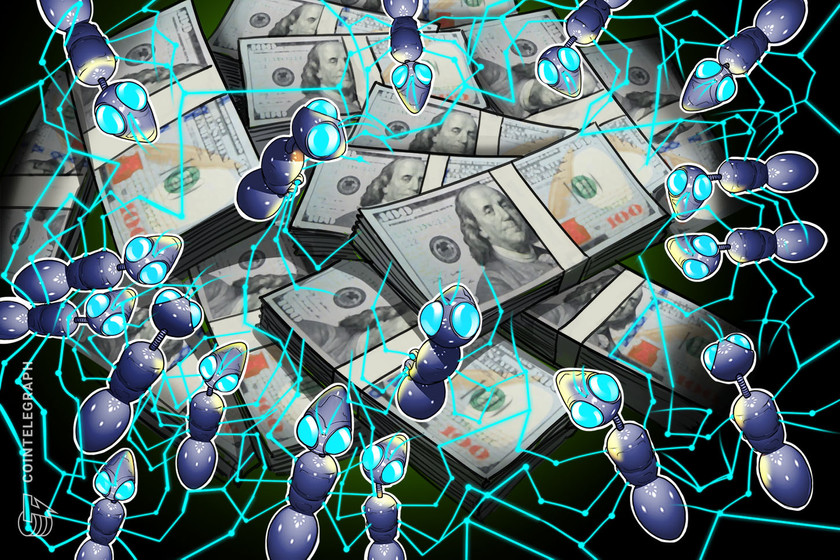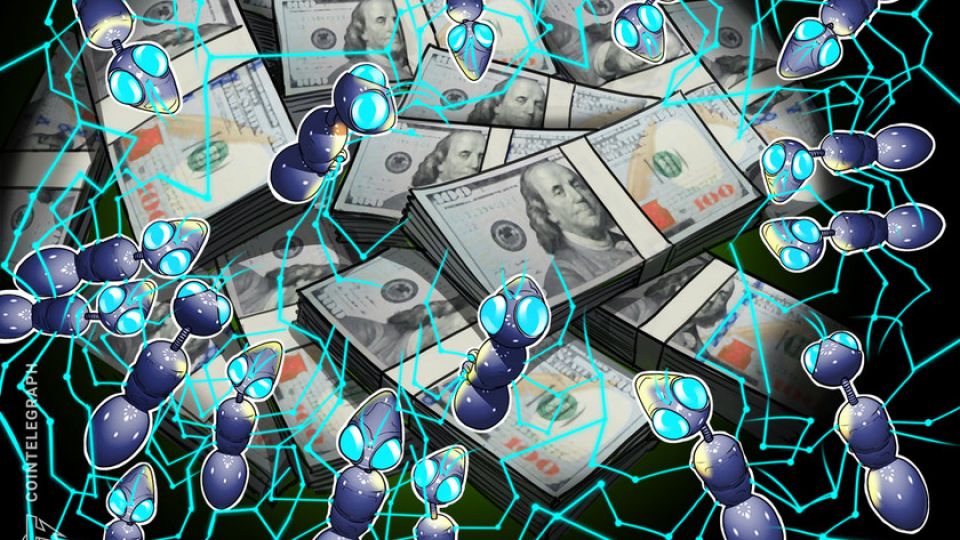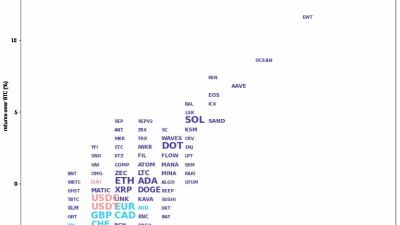
The soon-to-be-launched platform will feature NFTs from artists like Whitney Houston, Doja Cat, John Legend, TLC, H.E.R, Quincy Jones, Charlie Puth, Jacob Collier, G-Easy, AURORA, The Kid LAROI, Alesso and more.
Sustainable technology company OneOf has raised $63 million in seed funding to finance its new Green NFT platform for musicians, offering further evidence that the market for nonfungible tokens remains hot.
Several investors and venture capitalists participated in the seed round, including Bill Tai, Sun Said of Nima Capital, Sangha Capital, Tezos Foundation, Jack Herrick and Jaeson Ma of East West Ventures.
Built on the Tezos protocol, OneOf is a marketplace for artists and fans to tap into digital collectibles. The company claims that minting NFTs on Tezos uses over 2 million times less energy than leading networks like Ethereum. Artists wishing to mint an NFT on Tezos will pay zero cost for their listing, while users will be able to pay for their collections in over 135 fiat currencies.
OneOf also plans to donate a portion of its sales to an environmental cause or a charity of the artist’s choosing.
Artist Doja Cat said she’s “happy to be working with OneOf” in addressing accessibility and environmental issues at the same time.
“Blockchain has the ability to democratize ownership and bring economic empowerment to both artists and fans,” said Lin Dai, OneOf’s CEO and co-founder. “We are building a technology company with an artist-first ethos and eco-conscious mission to help introduce hundreds of millions of non-crypto native users to blockchain through easy and exciting use cases such as NFTs.”
Euphoria surrounding NFTs appears to have cooled over the past few weeks as the cryptocurrency markets tanked. Prior to the selloff, NFTs and DeFi were among the hottest trends in the cryptocurrency market.
Despite the recent pullback, the future for NFTs appears to be bright. A new industry forecast from the Invezz publication pegged NFTs at a market capitalization of $470 million by October as trading volume surges nearly 40%.
Go to Source
Author: Sam Bourgi




